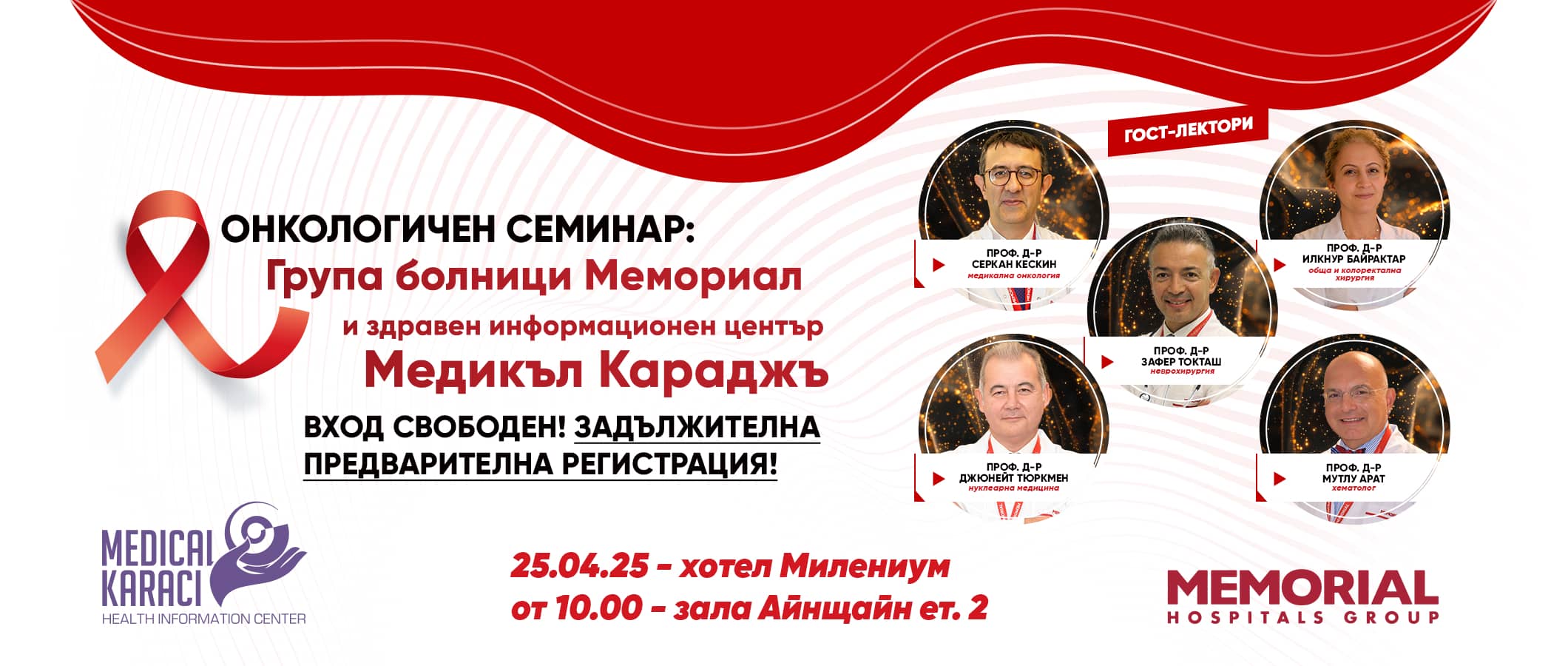Osteoporosis is a universal health problem. Worldwide, over 200 million people suffer from osteoporosis. In Bulgaria there are about 750 000 women. More than 90 000 of them already have one or more vertebral fractures, annually more than 8 000 adult women suffer fractures of the femoral neck.
WHAT IS OSTEOPOROSIS?
Osteoporosis is a bone disease characterized by loss of bone mass and disruption of the microstructure of bone tissue. As a result, bones become weaker and more brittle. Osteoporotic bones lose density and mass, and their normal structure changes pathologically. The decrease in density and deterioration of bone quality develops quietly and progressively.
Osteoporosis often proceeds without any symptoms or pain until a bone breaks, and this type of fracture in the spine is a common cause of lifelong pain.
Although broken bones are often the first sign of osteoporosis, some elderly people also develop the characteristic forward bending as a compensatory pain mechanism.
FACTORS PREDISPOSING TO OSTEOPOROSIS:
Immutable risk factors:
- Age - As we age, the risk of osteoporosis increases.
- Gender - Women are at a higher risk of osteoporosis than men, with postmenopausal women at the highest risk (about 1/3 develop osteoporosis)
- Presence of certain diseases - increased functional activity of the thyroid gland, diabetes mellitus, Basel's disease, rheumatoid arthritis, chronic liver and kidney diseases, lupus, multiple sclerosis, Parkinson's disease, COPD, leukoses, etc.
- Prolonged treatment with medications damaging the bone structure - corticosteroids, antiepileptic drugs, thyroid hormones and others
- Genetic predisposition (heredity)
- Body structure - Gracile build characterized by fine bone structure, short stature and underweight
- Ethnicity - people of white or Asian race are more prone to osteoporosis
Avoidable risk factors:
- Insufficient levels of calcium and vitamin D - low dietary calcium intake leads to bone loss and vitamin D to reduced absorption from the gut
- Sedentary lifestyle - lack of physical exercise weakens bones and accelerates mineral loss in them
- Smoking - nicotine in cigarettes inhibits synthesis of a new bone substance
- Unhealthy habits - excessive consumption of coffee (more than 5 cups daily), table salt, black tea, alcohol abuse - these unhealthy habits lead to increased calcium excretion by the kidneys and to bone loss
- Unbalanced protein nutrition - excessive or insufficient protein intake accelerates the process of bone loss
- Acute and chronic psycho-emotional stress - adrenaline, which is released during high stress, leaches calcium from the bones and leads to their mineral depletion
THE MOST COMMON CONSEQUENCES OF OSTEOPOROSIS ARE:
- Back and low back pain of a chronic nature that is exacerbated by physical exertion
- Deformations of the skeleton
- Reduction in stature
- Reduced working capacity
- Bone fractures of the skeleton (most often of the vertebrae of the spine, the bones of the forearm, and in later life - of the femur)
HOW TO PREVENT THE DEVELOPMENT OF OSTEOPOROSIS?
Osteoporosis is a preventable disease. Fortunately, preventive treatments can help maintain or increase bone density.
For people who are already affected by osteoporosis, prompt diagnosis and assessment of bone fracture risk are essential as therapies are available that can delay further bone damage.
Some of the most important osteoporosis prevention techniques include proper diet, exercise and abstinence from smoking.
BONE HEALTH ALSO DEPENDS ON OUR DIET!
For its normal development and maintenance, the skeleton needs a balanced diet containing proteins, fats and carbohydrates as well as vitamins and minerals.
The main steps that can be taken to reduce the risk of and prevent the development of osteoporosis are:
- Nutritional regime - A healthy and balanced diet with a variety of foods and sufficient calcium intake is an important step towards building and maintaining healthy bones. The optimal diet to prevent osteoporosis includes intake of dairy products, protein, vegetables and fruits, as well as optimal amounts of calcium and vitamin D, which are essential to help maintain proper bone formation and density. The recommended daily intake of calcium for adults is about 1,000-1,200 milligrams and of vitamin D is at least 600 units daily.
- Physical activity - Regular physical activity can reduce the risk of fractures by improving bone mass. In addition, physical exercise can reduce the tendency to fall due to weakness. Any exercise in which the bones bear the weight of the body is beneficial for their recovery. Active exercise from an early age significantly reduces the risk of osteoporosis as we age. Long walking is recommended because it involves breathing, bone strength, keeps the muscles of the hips strong, which helps in good balance and preventing falls.
- Sufficient outdoor exposure on sunny days - exposure to the sun for 10 - 15 minutes during the day is enough to form vitamin D in the body, which is absolutely necessary for building bone tissue.
- Limit and minimize unhealthy habits - smoking, alcohol abuse, excessive consumption of coffee, sugar, table salt.
- Hormonal prophylaxis of postmenopausal women, which is mandatory after a medical consultation and gynecological examination.
DIAGNOSIS OF OSTEOPOROSIS:
Medical research in osteoporosis is based on bone density tests.
- By osteodensitometry (Quantitative Computed Tomography (QCT)) - a quantitative method for assessing bone mineral density that can be used to determine the risk of pathological fractures
- By radiography (Dual Energy X-ray Absorptiometry (DEXA)) - the most accurate method for measuring bone density. This method measures bone density of the spine and hip. An advantage of DEXA is the ability to examine bone density at different points on the body.
- Through biochemical tests to determine the content of calcium, phosphorus and calcium-regulating hormones in the blood
TREATMENT OF OSTEOPOROSIS:
The treatment of osteoporosis is complex, it requires attacking the symptomatology in every possible way.
For more information, we at Medical Karaj are at your service.
Call us on the following numbers "Medical Karaj": 0879 977 401 or 0879 977 402.
Also keep an eye on our constantly updated Facebook content.









